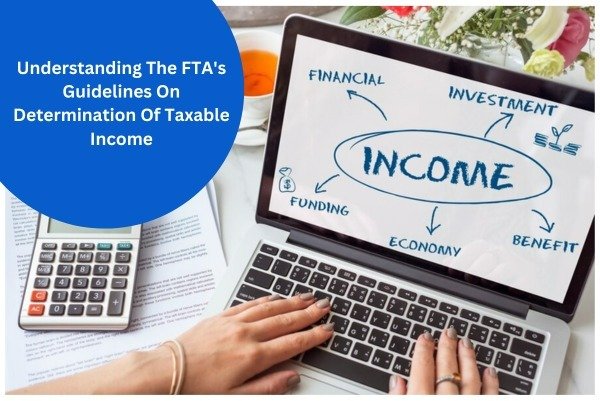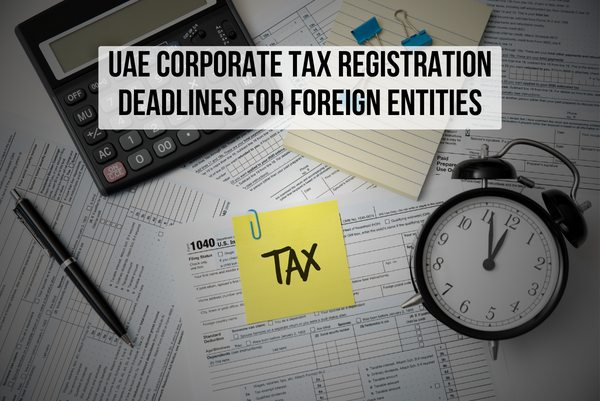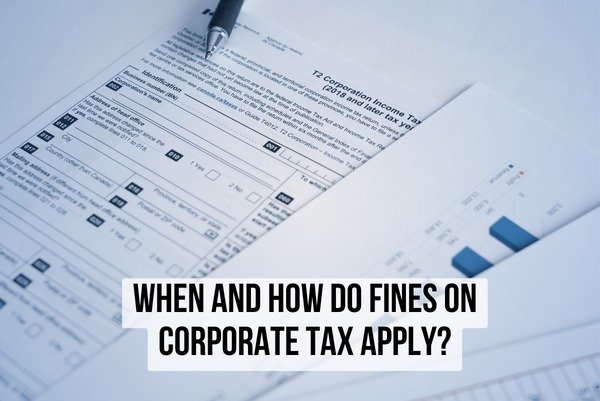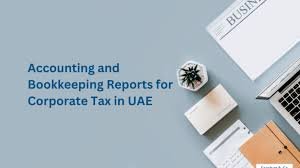The UAE’s strong economy, growing population, and strategic location make it a magnet for investors and businesses alike. The real estate sector is a major economic driver among the different sectors and industries contributing to the country’s economy. Let’s find out all about the corporate tax in UAE on real estate, its applicability and exemptions.
Understanding The UAE Tax Regime and Its Implications on the Real Estate Sector
- Under the corporate tax system of the UAE, individuals or entities carrying out property business as a commercial enterprise will be taxed 9% of the total net profit in excess of AED 375,000.
- If individuals own real estate for investment, whether they are foreign or resident, and whether they own it directly or through a trust or foundation, it is usually not subject to corporate tax, as long as it is not owned by a corporate entity. When this kind of property is sold, the profit is subject to corporate tax if it is owned by a corporate entity.
- Income derived from real estate, such as immovable property whether leasehold or freehold, is subject to taxation in the country where it is situated. This means that foreign companies, legal entities owned by non-residents or income earned by local entities earning any kind of revenue from real estate in the Emirates will be taxed.
- Every company in the UAE must register for corporate tax, regardless of its income. It’s essential to follow tax regulations.
Exemptions from Corporate Tax on Real Estate in UAE
The UAE has some exemptions concerning the tax on corporate real estate. With respect to the exemptions and allowances, incomes from real estate that will not be subjected to corporate tax include:
- The ones owned by individuals, either directly or indirectly through a trust, foundation, or other fiscally transparent vehicle.
- Properties owned by qualifying investment funds, such as real estate investment trusts (REITs).
- Real estate is used for diplomatic or consular purposes.
The introduction of corporate tax and transfer pricing regulations marks a significant evolution in the UAE’s tax landscape. Real estate investors must adopt a strategic approach to investment structuring, compliance, and tax planning. At Auditac International, we provide expert guidance to help investors navigate this new environment effectively, ensuring sustainable and profitable real estate ventures in the UAE.
For detailed guidance and personalized advice, consult with our team at Auditac International. Our expertise in transfer pricing, corporate tax registration and planning will help you make informed decisions and optimize your real estate investments under the new UAE tax regime. Visit us at Auditac International for more information.












